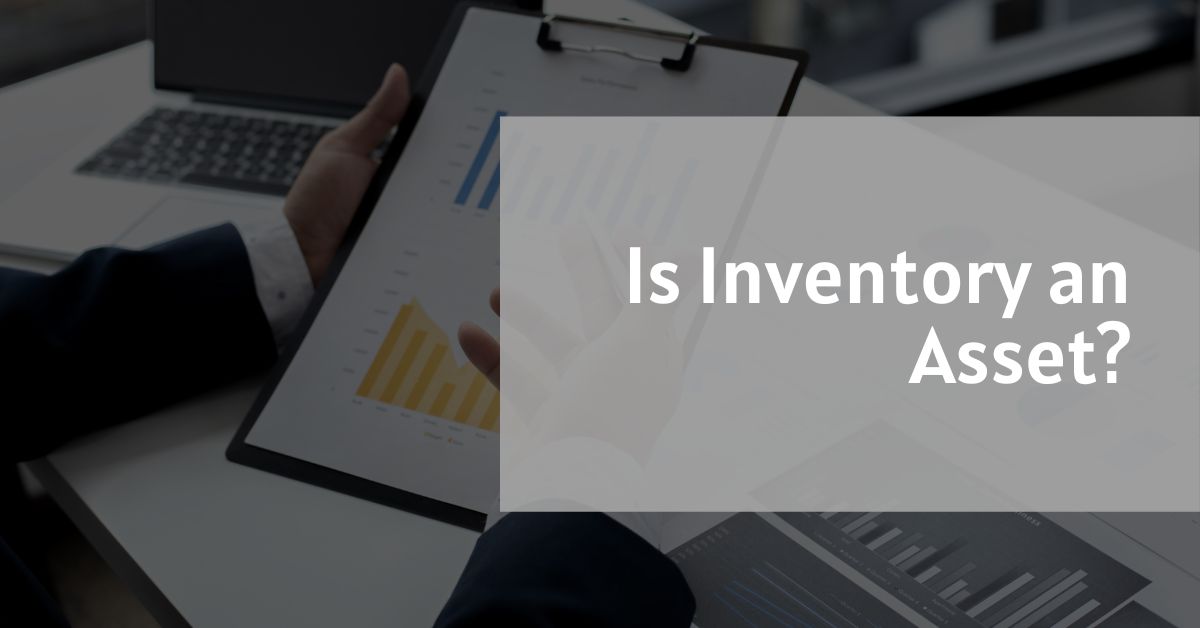
Is Inventory an Asset?
Is Inventory an Asset?
Posted on October 3, 2022 in Finance
Assets are something that has monetary value. In the business and accounting fields, assets are physical items that a company purchases and holds to sell later at a profit. If a company owns computer assets such as software licenses, it can sell those licenses to remote users through electronic commerce websites. Inventory is often considered an asset, but what exactly is inventory?
Inventory is what a company keeps in storage at different locations. The inventory includes spare parts, parts that need repair, items that will be sold, raw materials, and goods that are not yet ready for sale. A company usually has to maintain sufficient inventory to supply its customers with goods and services and keep them happy. Inventory can be raw product material that will be used for manufacturing a finished product or goods that have been finished and are ready for sale. Any business that sells goods or services needs inventory to get the company off the ground. Here we will explain why inventory is considered an asset.

1. It Occupies Storage Space
According to the Financial Accounting Standards Board (FASB), an asset is a resource controlled by an enterprise due to past events, and future economic benefits are expected to flow to the enterprise. Inventory occupies space in warehouses and other storage facilities. A company buys materials, parts, and goods that it intends to use or sell in the future. A company must keep inventory to meet its customers’ demands, maintain freshness standards, avoid waste and prevent inconveniencing its client base. Warehouses greatly value a company as they permit storing materials and inventory used in future production cycles. The contents of a warehouse are valuable to the company that owns it because they are viewed as materials that can be sold in future production cycles.
2. It Addresses Cash Flow Issues
Inventory is just like money in the bank because it is something that companies do not need immediately but can use when they need to. A business with a mere $1,000 in cash will close its doors after this time. On the other hand, a business with $1 million in inventory has the money to last for years. If a company runs out of inventory, it can always order more from the supplier. It is just like having cash in your bank account that you can use whenever you need it. Cash flow issues play a big part in inventory. Inventory is something that companies have and can use to satisfy their customers’ needs. A company can always buy more inventory when its stock of raw materials runs out or when it needs to fulfill the orders of its clients. The more inventory a company has, the greater its cash flow from each sale.
3. It Can Serve as a Cash Source
Inventory can be used as a source of cash for a business. Inventory serves as a valuable tool in generating ROI for a business. A company can sell its goods or services at profitable prices to give them a return on investment. If a company has a good inventory with spare parts, it can sell them at higher prices than if it had little or no merchandise or defective products that did not qualify for sale.

4. It Improves Profitability
The more inventory that a company has, the greater its profitability. Profits are generated when a company increases its sales and maintains lower costs than its competitors to satisfy customer needs and keep them happy. To get an edge over competitors, a company has to keep a steady and healthy supply of inventory. It is also necessary for companies to keep their inventory levels high to meet the demands of clients and prevent them from going to different companies for their purchases.
5. It Helps Companies Grow
A company will never grow if it does not have enough inventory. Growth can be experienced if the company sets up new locations or branch offices to expand its business empire. A company will have to expand its inventory to get funds for expansion and extra cash to purchase new resources. If a company does not extend its inventory, it runs the risk of running out of stock and losing customers. When planning for the future expansion of a company, the top management must take inventory of their resources and stocks.
6. It Impacts the Balance Sheet
Inventory affects the balance sheet positively. Most companies rely on their financial statements; one of the most important statements is the balance sheet. A company needs to increase its inventory to get more capital, sell more goods or raise more funds. When calculating the inventory value, it is necessary to consider if any part or material is part of a future product or can be further used to manufacture another product.
Inventory is one of the most crucial aspects of a business and should be managed by the best professionals with knowledge and experience in inventory management. Inventory control is difficult because of many factors, such as storage and storage costs, sales forecasts, and warranties. If you need help with inventory management or want professional advice, consult a professional who is experienced in inventory management.